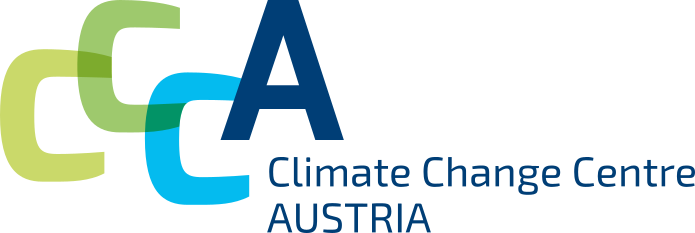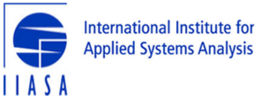What is IIASA?
Founded in 1972, IIASA is an international scientific institute that conducts policy-oriented research into problems that are too large or complex to be solved by a single country or academic discipline. Problems like climate change that have a global reach and can be resolved only by international cooperative action. Or problems of common concern to many countries that need to be addressed at both the national and international level, such as energy security, population aging, and sustainable development. Funded by research funding agencies in Africa, the Americas, Asia, Europe, and Oceania, IIASA is independent and unconstrained by political or national self-interest. The IIASA mission is to: Provide insights and guidance to policymakers worldwide by finding solutions to global and universal problems through applied systems analysis in order to improve human and social wellbeing and protect the environment.
Who is IIASA?
Over 300 mathematicians, social scientists, natural scientists, economists, and engineers from 49 countries carry out research at IIASA in Austria, at the heart of Europe. These range from world-renowned scholars-four Nobel Prize laureates have worked at IIASA-to young scientists just embarking on their careers. In addition, research networks consisting of over 3,000 associated and visiting researchers from 65 countries collaborate with the institute, including collecting and processing local and regional data for integration into advanced scientific models developed at IIASA. It is through such scientific collaboration that IIASA is building bridges among countries.
Quick Facts
- In 2015, 333 researchers from 49 countries worked at IIASA, 1,815 collaborators visited the institute, and around 25% of alumni were actively involved in its work. Together, they made up a global network of over 3,000 scholars and over 650 partner institutions in over 65 countries.
- There were 562 IIASA publications in 2015, of which 249 were peer-reviewed journal articles, and IIASA research was cited over 11,700 times (source: SCOPUS).
- IIASA has 3,875 alumni from 90 countries among them leading personalities in academia, government, and the private sector.
- A total of 1,819 young scientists from 86 countries have participated in IIASA's Young Scientists Summer Program since 1977.
- Annual budget in 2015 was €22.1 million, of which 53% was from prestigious research funding agencies in 23 countries spanning Africa, the Americas, Asia, Europe and Oceania (see page 2).
- Additional competitive funding from contracts and grants totaled €51 million between 2010 and 2015. This is part of a funding portfolio of €250 million-the total awarded to external projects featuring collaborations between IIASA and its member countries.
IIASA in Brief: More information about IIASA and its activities at www.iiasa.ac.at/infokit
IIASA Research Framework
The IIASA mission is to provide scientific insight and guidance to policymakers worldwide by finding solutions to global problems through applied systems analysis in order to improve human wellbeing and protect the environment.
IIASA has a long and successful history of developing systems-based, integrated solutions and policy advice for some of the world's most pressing problems, including energy resources, climate change, environmental pollution, land use and sustainable development, risk and resilience, and population growth. These multiple dimensions require a unique approach that can link diverse complex systems. The IIASA research framework, discussed in detail in the Research Plan 2016-2020, shows how the institute can provide the holistic, systems analysis approach that is needed.
This framework provides both the foundation for the institute's research direction over the next five years and the necessary flexibility to modify IIASA activities to accommodate changing scientific or policy priorities. The institute achieves its impact primarily by:
- Undertaking large-scale, multi-year integrated projects to analyze the major global transformations.
- Undertaking world-class research, through its research programs, cross-cutting activities, and international networks.
- Undertaking small-scale, exploratory projects around emerging issues.
- Developing new methods in systems approaches, not only in research but also in how that research is delivered both to policymakers and other stakeholders.
- Working in partnership with policy and decision makers, globally, regionally, and nationally, to translate this research into robust policy options.
- Building global capacity in systems analysis and IIASA methods and tools.
- In addition, IIASA hosts and maintains a number of databases and models used by scientists and social, economic, and environmental dimensions.
Further reading
IIASA Strategic Plan 2011-2020 www.iiasa.ac.at/Strategy
IIASA Highlights 2011-2015 www.iiasa.ac.at/Highlights2015
IIASA Research Plan 2016-2020 www.iiasa.ac.at/ResearchPlan
IIASA PURE (Publications Repository) pure.iiasa.ac.at
Contact IIASA
Schlossplatz 1
A‑2361 Laxenburg Austria
Phone: +43 2236 807 0
Fax: +43 2236 71313
E‑mail: info@iiasa.ac.at
For detailed information please refer on www.iiasa.ac.at

